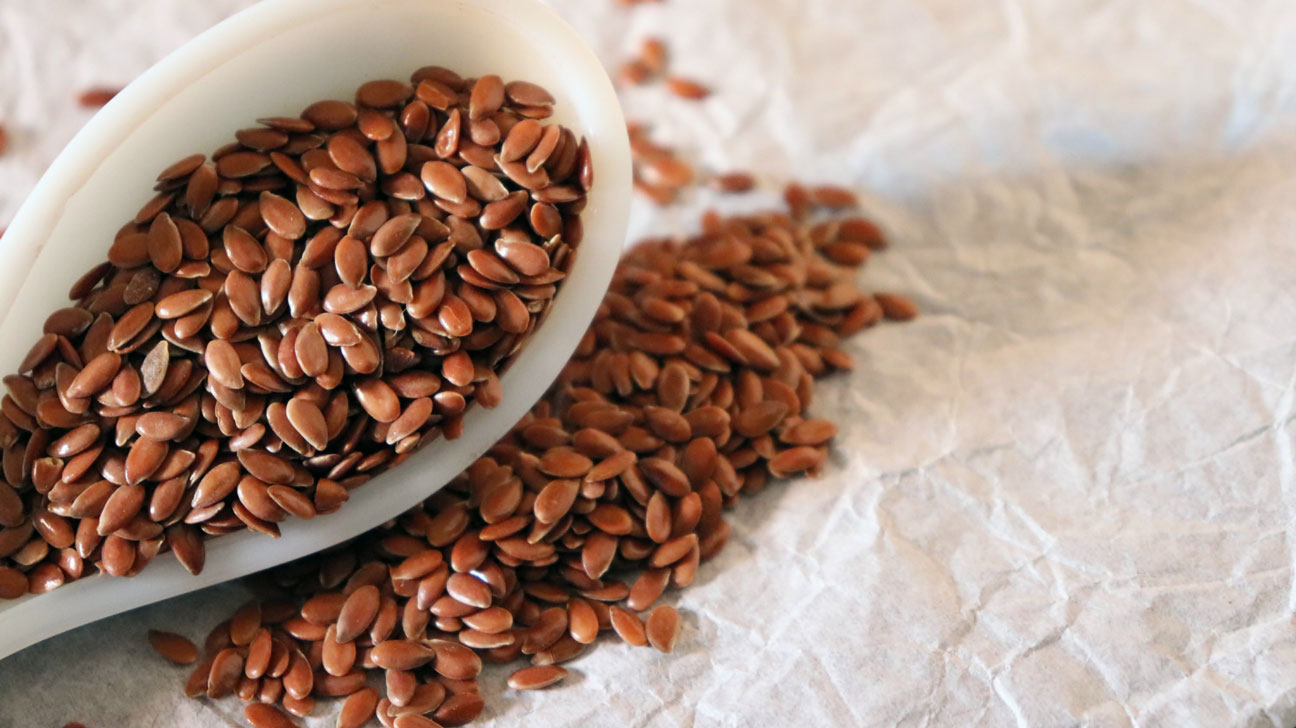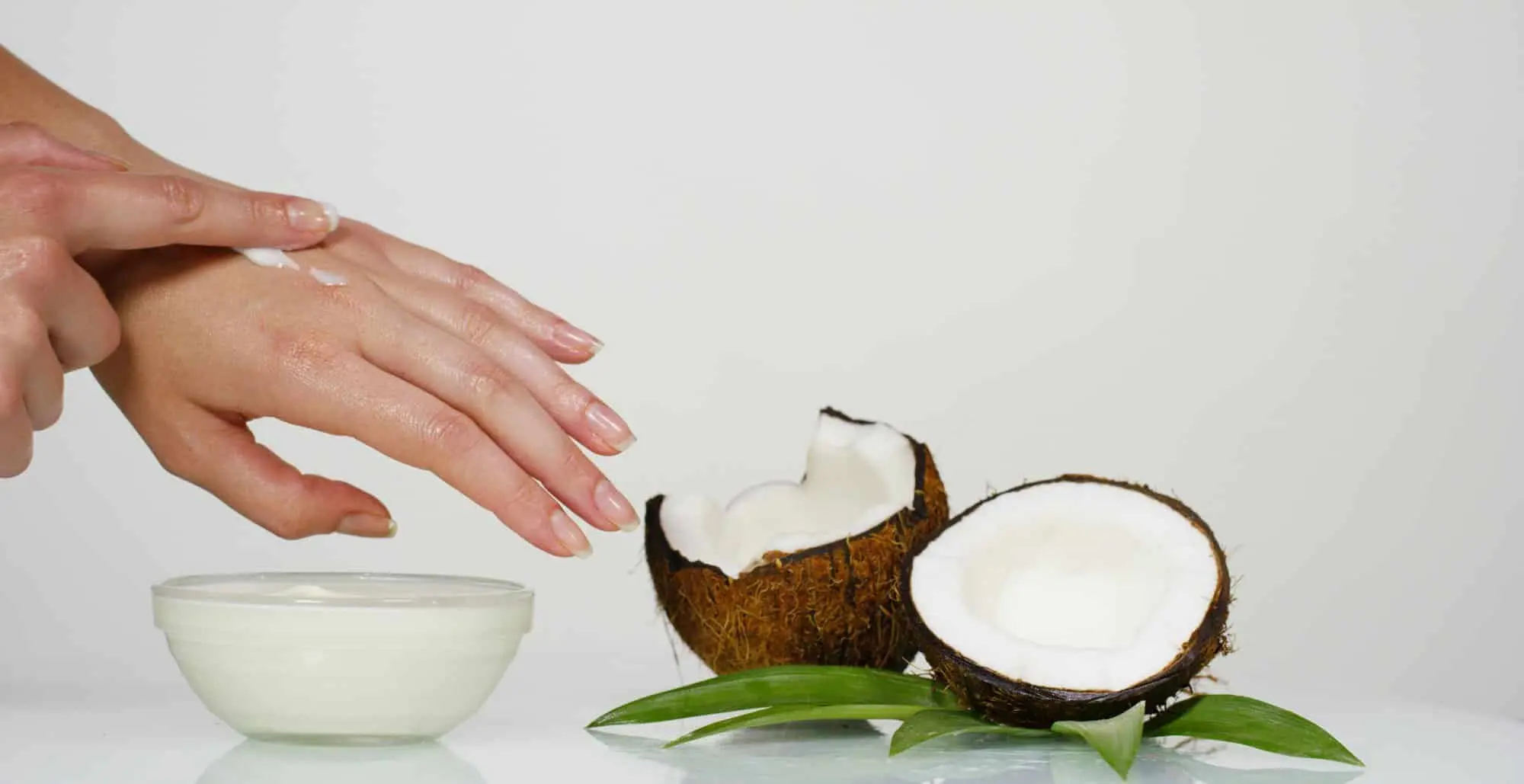Introduction to Flax Seeds
Flax seeds come from the flax plant (Linum usitatissimum), which is cultivated for its fibers as well as its seeds. These seeds are small, oval-shaped, and come in brown and golden varieties. Flax seeds are rich in essential nutrients and bioactive compounds, making them a valuable addition to a healthy diet.
Nutritional Profile of Flax Seeds
Flax seeds are packed with essential nutrients, including:
Omega-3 Fatty Acids
Flax seeds are one of the richest plant sources of alpha-linolenic acid (ALA), a type of omega-3 fatty acid that is essential for heart health and brain function.
Fiber
Flax seeds are high in both soluble and insoluble fiber, which helps support digestive health, regulate blood sugar levels, and promote feelings of fullness.
Protein
Flax seeds are a good source of plant-based protein, making them an excellent addition to vegetarian and vegan diets.
Vitamins and Minerals
Flax seeds contain vitamins B1, B6, and folate, as well as minerals such as manganese, magnesium, and phosphorus.
Health Benefits of Flax Seeds
Heart Health
The omega-3 fatty acids in flax seeds have been shown to lower blood pressure, reduce inflammation, and decrease the risk of heart disease.
Digestive Health
The high fiber content of flax seeds promotes regular bowel movements, prevents constipation, and supports a healthy gut microbiome.
Weight Management
Flax seeds can help with weight loss and weight management by promoting feelings of fullness and reducing appetite.
Blood Sugar Control
The soluble fiber in flax seeds slows down the absorption of sugar in the bloodstream, which can help regulate blood sugar levels and reduce the risk of type 2 diabetes.
Cancer Prevention
Some studies suggest that the lignans found in flax seeds may have anti-cancer properties and could help reduce the risk of certain types of cancer, such as breast and prostate cancer.
Skin Health
The omega-3 fatty acids and antioxidants in flax seeds help keep the skin hydrated, reduce inflammation, and protect against sun damage, promoting overall skin health.
Culinary Uses of Flax Seeds
Flax seeds have a mild, nutty flavor and can be easily incorporated into a variety of dishes, including:
Smoothies
Add ground flax seeds to your favorite smoothie for an extra nutritional boost.
Baked Goods
Use ground flax seeds as an egg substitute in vegan baking recipes, or sprinkle whole flax seeds on top of breads, muffins, and cookies.
Yogurt and Oatmeal
Stir ground flax seeds into yogurt, oatmeal, or cereal for added fiber and omega-3s.
Salads and Soups
Sprinkle ground flax seeds on top of salads or soups to add texture and flavor.
Homemade Granola Bars
Add ground flax seeds to homemade granola bars for added nutrition and crunch.
Potential Side Effects of Flax Seeds
While flax seeds offer numerous health benefits, they may cause side effects in some individuals, including:
Digestive Issues
Consuming large amounts of flax seeds without adequate water intake can cause digestive discomfort, such as bloating, gas, and diarrhea.
Allergic Reactions
Some people may be allergic to flax seeds and may experience symptoms such as itching, swelling, or difficulty breathing.
Hormonal Effects
Flax seeds contain phytoestrogens, which are plant compounds that mimic the effects of estrogen in the body. While this may be beneficial for some individuals, it could potentially have negative effects in others, especially those with hormone-sensitive conditions.
FAQs about Flax Seeds
Can flax seeds be eaten whole, or do they need to be ground?
While whole flax seeds are nutritious, they may pass through the digestive system undigested. Grinding flax seeds helps release their nutrients and makes them easier to digest, maximizing their nutritional benefits.
How much flax seed should I eat per day to reap the health benefits?
The recommended daily intake of flax seeds varies, but most experts suggest consuming 1-2 tablespoons of ground flax seeds per day to obtain their health benefits.
Can flax seeds help with constipation?
Yes, the high fiber content of flax seeds can help promote regular bowel movements and prevent constipation. Be sure to drink plenty of water when consuming flax seeds to support healthy digestion.
Are there any special considerations for storing flax seeds?
Flax seeds should be stored in an airtight container in a cool, dark place, such as the refrigerator or pantry. Ground flax seeds should be used within a few days to prevent rancidity.
Can flax seeds be eaten raw, or do they need to be cooked?
Flax seeds can be eaten raw or cooked. However, some people prefer to consume ground flax seeds, as they are easier to digest and absorb.
Are there any interactions between flax seeds and medications?
Flax seeds may interact with certain medications, including blood thinners, hormone therapies, and cholesterol-lowering drugs. If you are taking medication, consult with your healthcare provider before adding flax seeds to your diet.
Can flax seeds be used as a natural remedy for hot flashes?
Some studies suggest that the lignans found in flax seeds may help reduce the frequency and severity of hot flashes in menopausal women. However, more research is needed to confirm these effects.
Conclusion
Flax seeds are nutritional powerhouses packed with essential nutrients, fiber, and health-promoting compounds. From supporting heart health and digestive function to aiding in weight management and promoting radiant skin, flax seeds offer a multitude of benefits for overall health and well-being. By incorporating flax seeds into your diet in various ways, you can harness their nutritional prowess and enjoy their delicious flavor while reaping their many health benefits. As with any dietary supplement, it’s essential to consume flax seeds in moderation and consult with a healthcare professional if you have any concerns or underlying health conditions.





